President Donald Trump's renewed trade tariffs, positioned as a tool to bolster American industries and negotiate better deals, are instead inflicting severe damage on the nation's agricultural sector. With retaliatory measures from key trading partners like China and the EU, U.S. farmers are facing plummeting exports, skyrocketing input costs, and an uncertain future. As harvest season unfolds, the human and economic toll of this policy is becoming impossible to ignore, raising questions about the long-term viability of "America First" economics.
The Tariff Strategy: Promises vs. Reality
Trump's tariffs, reimposed earlier this year on goods ranging from steel to agricultural products, were intended to protect domestic markets and force concessions from trading partners. The administration has touted modest gains, such as increased domestic steel production, but the broader impact has been devastating. A blanket 10% tariff on imported goods—excluding those under North American free trade agreements—has triggered countermeasures, particularly from China, which has slashed imports of U.S. soybeans and other staples.
Farmers, who rely on exports for up to 25% of their sales, are seeing markets evaporate. In states like Indiana and Missouri, soybean producers report complete elimination of trade with China, shifting to riskier alternatives like Brazil. A recent survey of 400 U.S. producers revealed that 44% anticipate negative impacts on farm income in 2025, with 53% fearing ongoing supply disruptions. Despite 70% believing tariffs could strengthen the industry long-term, the immediate pain is acute, with crop prices plunging and rural economies in crisis.
The Human Cost: Bankruptcies, Bailouts, and Broken Livelihoods
The trade war's ripple effects are felt most acutely in the heartland. Farmers are grappling with a "tidal wave of problems," including unsold harvests and rising costs for equipment and fertilizers due to tariffs on imported parts. In Oklahoma, echoes of Trump's 2018 trade war—where tariffs "boomeranged" and crushed agriculture— are resounding, with producers fearing a repeat of the $60 billion in taxpayer-funded bailouts.
Personal stories abound: One farmer at a GOP town hall lambasted the policy, saying, "Trump is not helping the farmer." In Pennsylvania, labor shortages compound the issue, with immigration fears exacerbating workforce losses. Nationally, the administration's "One Big Beautiful Bill Act" proposes $59 billion in farm safety net enhancements, but critics argue it's a band-aid for self-inflicted wounds. As Agriculture Secretary Brooke Rollins plans to use tariff revenue for support, farmers question if bailouts will suffice amid closures and bankruptcies.
Global Repercussions and Domestic Backlash
Internationally, allies like South Korea warn of financial crises from U.S. demands, while Canada and Mexico face threats of broader tariffs. Domestically, sectors beyond agriculture suffer: Auto manufacturers have lost $1 billion, and manufacturing jobs dropped by 78,000 this year. Even tourism and small businesses are crippled, with some relocating jobs to Europe to evade costs.
Loyalty to Trump among farmers is tested; while some see long-term benefits, others decry the policy as "economic self-sabotage." As midterms loom, resolutions to block tariffs on allies signal growing bipartisan pushback.
The trade war, far from delivering victories, risks a "national system collapse" if unchecked. Will adjustments come, or will rural America pay the ultimate price?




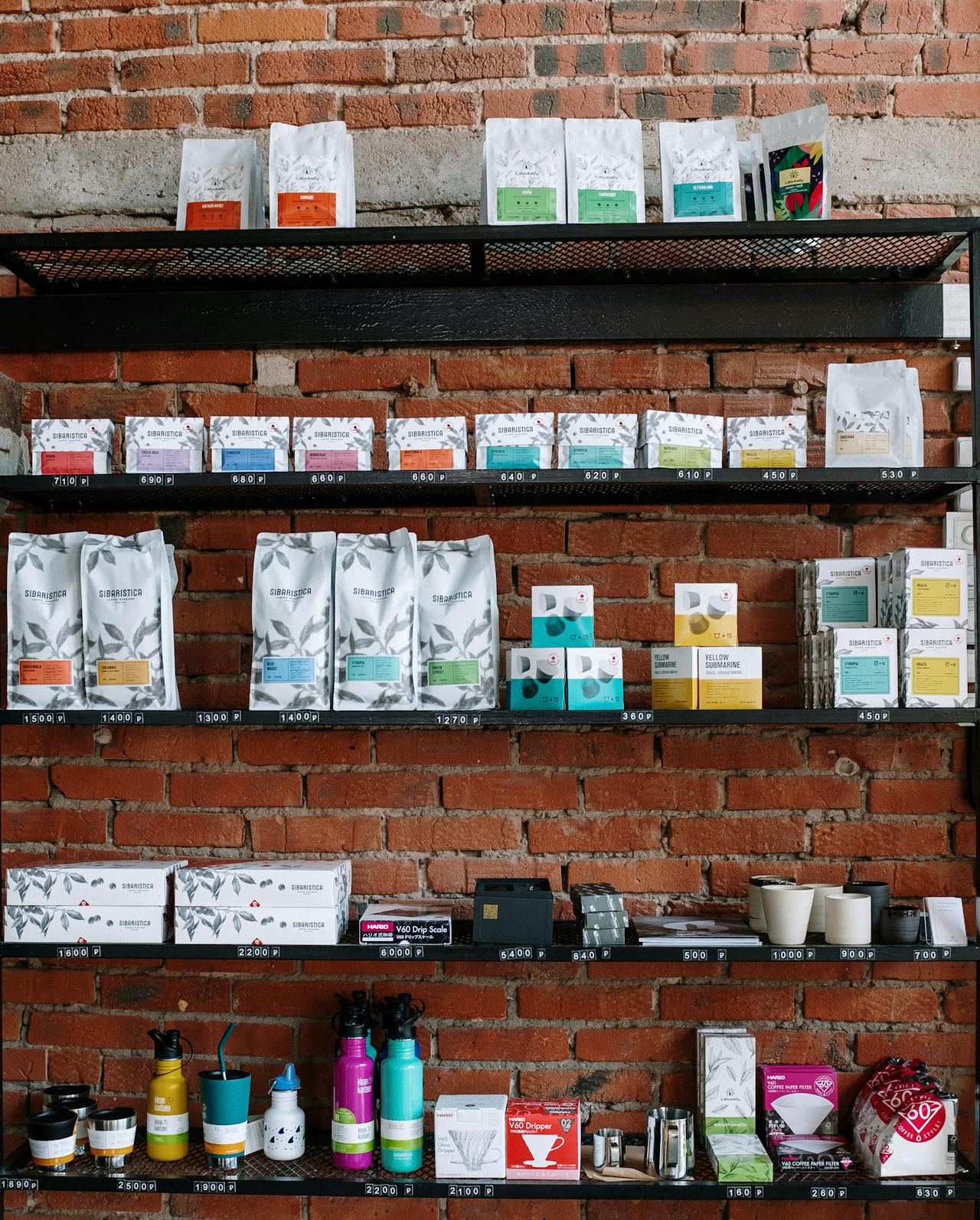

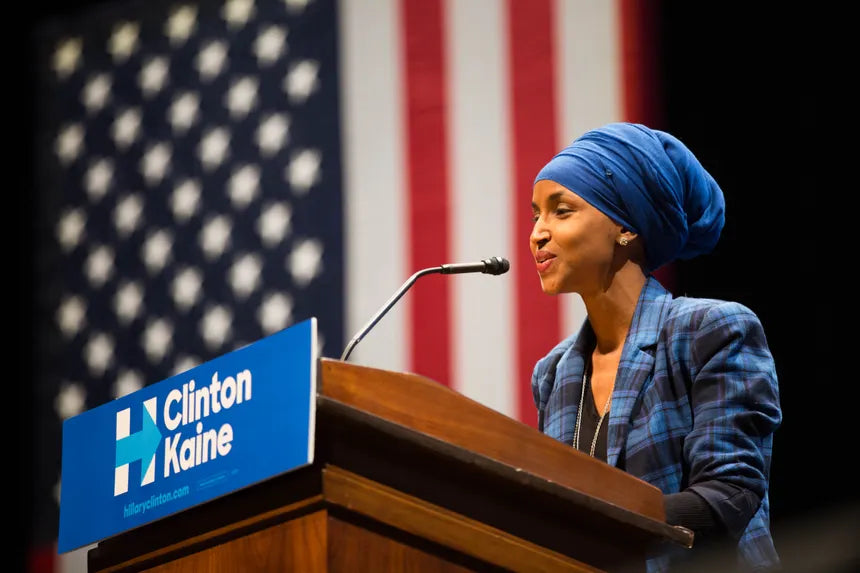
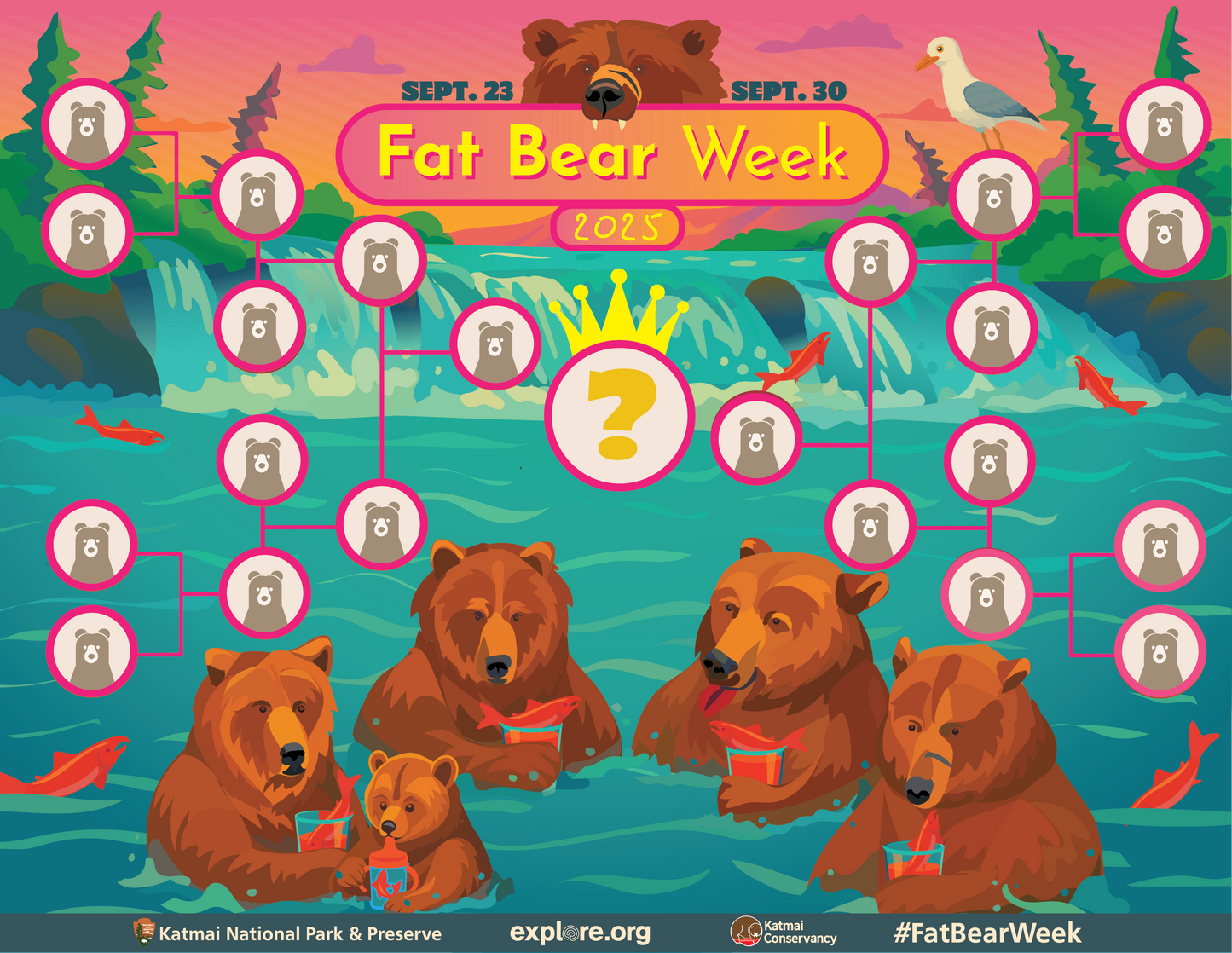



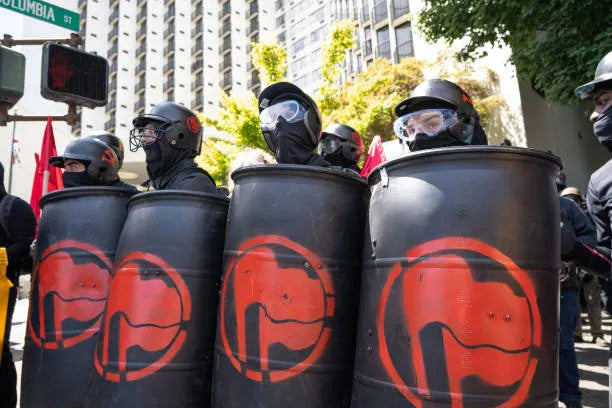
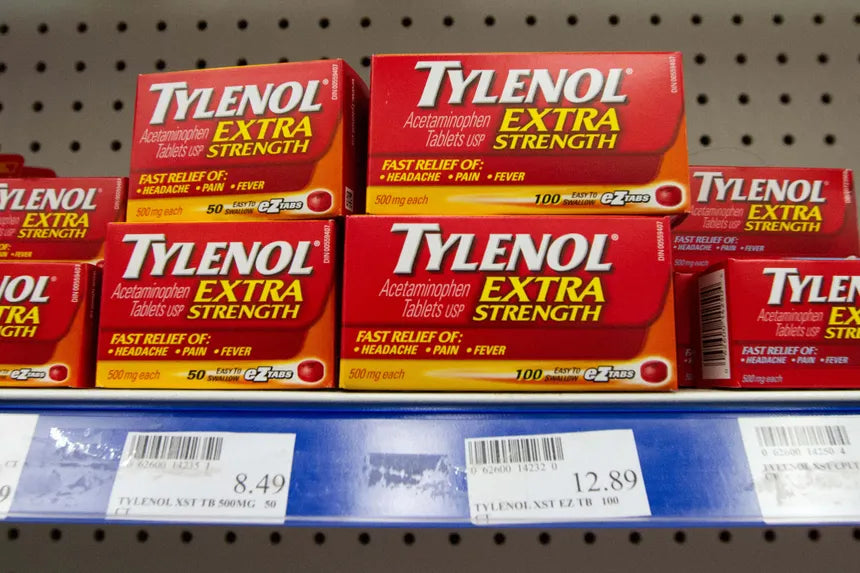

Leave a comment